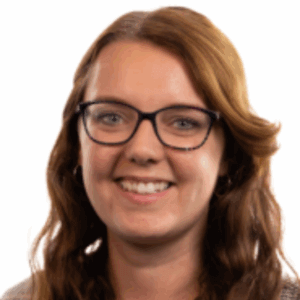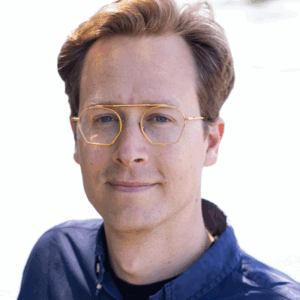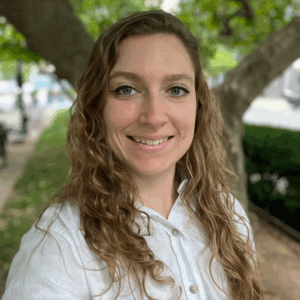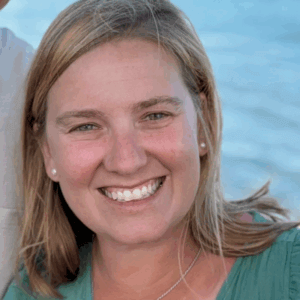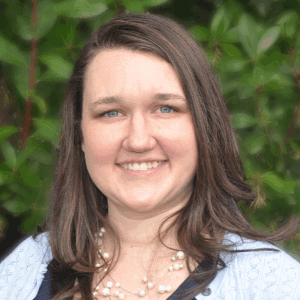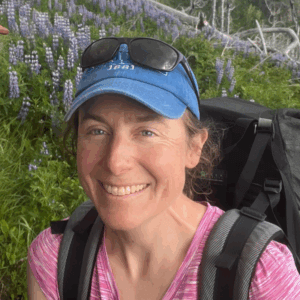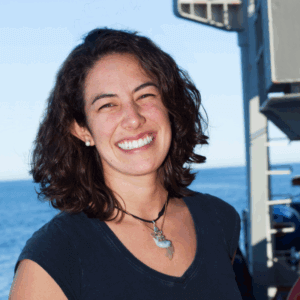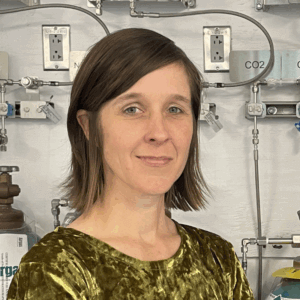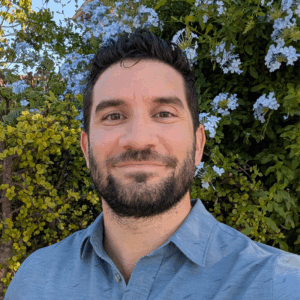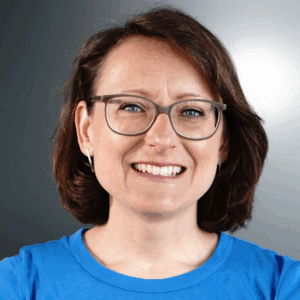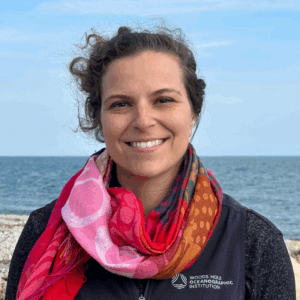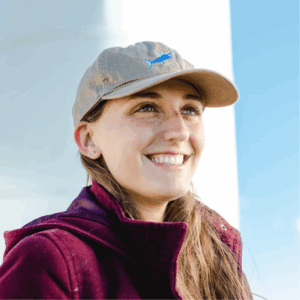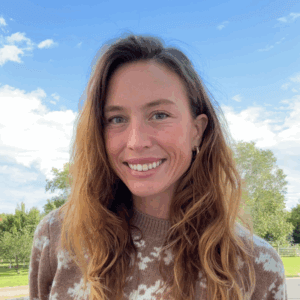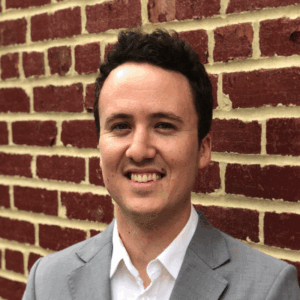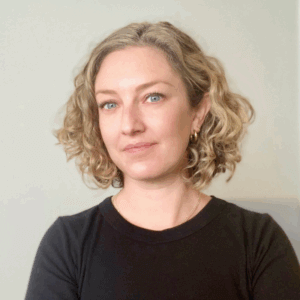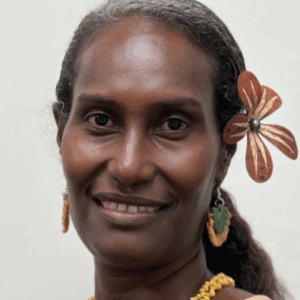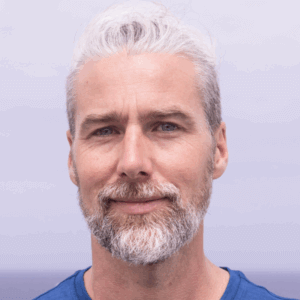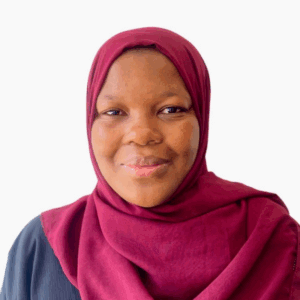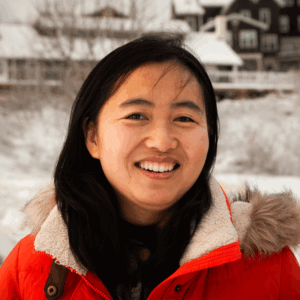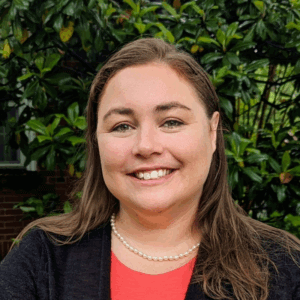COMPASS mCDR Communication Leaders
Building Strategic Science Communication Capacity for mCDR
This is a pivotal time for the field of marine carbon dioxide removal (mCDR), as policy makers, funders, scientists and the public seek clarity on the potential of these technologies and their role as a solution to climate change. Over the past five years, COMPASS has worked closely with mCDR scientists and researchers to strengthen their individual communication and engagement skills. COMPASS now sees a key role for a cohort of science leaders, equipped with communication skills and a network of support, to come together to help society understand the current state of the science on mCDR techniques, as well as its potential, complexity, and tradeoffs.
With the support of COMPASS, this cohort of science leaders will serve as a reliable source of information to foster informed, responsible, and equitable decision-making around mCDR.
The COMPASS cohort program will help cohort members:
- build their capacity to engage effectively with a range of audiences
- receive insights and hands-on feedback from guest experts representing key public audiences for mCDR
- be a part of a network of mutual support where mCDR scientists and practitioners can learn from each other through facilitated discussion on engagement considerations, opportunities, challenges, and strategies
- identify and participate in engagement activities (optional)
2025 COMPASS mCDR Communication Leaders
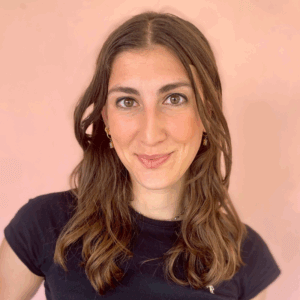
Giulia Belotti
Institute for Responsible Carbon Removal, American University and Institute for Resources, Environment, and Sustainability, University of British Columbia
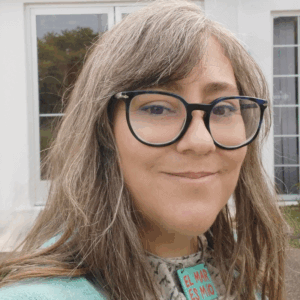
Carla Florencia Berghoff
Instituto Nacional de Investigación y Desarrollo Pesquero, Argentina
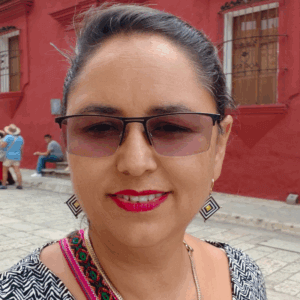
Cecilia Chapa Balcorta
Instituto de Recursos, Universidad del Mar. Puerto Ángel, Oaxaca, México
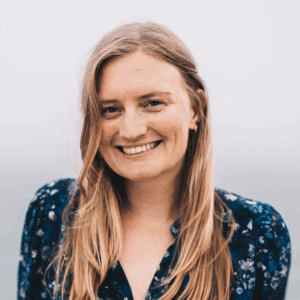
Alexandra Phillips
Bren School of Environmental Science and Management, University of California, Santa Barbara
Science Leads
The COMPASS mCDR Communication Leaders program is advised by:
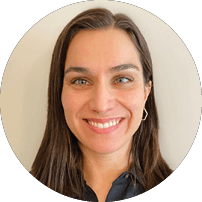
Dr. Sara Nawaz
Institute for Responsible Carbon Removal
American University
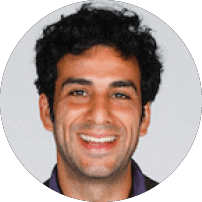
Dr. Adam Subhas
Woods Hole Oceanographic Institute
Program
August 2025 | Notification of invitation to program
November 13-14, 2025, 12:00-3:30 PM EST | Cohort Kick-Off and Message Development Workshop
Virtual
This two-day virtual gathering (3.5 hours/day) will kick off the program and begin skills development. Day 1 will focus on setting the stage for the program, establishing a community of practice, strategizing cohort members’ communication efforts, and giving and receiving initial feedback on participants’ messages. Guest experts who have deep experience with effective communication will join on Day 2 to provide insights and help participants develop their messages for strategic audiences.
January 23, 2026 | Community of Practice Call
Virtual
This COMPASS-facilitated Community of Practice call will be an opportunity for cohort members to discuss emerging topics. Proposed topics are listed below but will be finalized per cohort interest:
- Engagement strategies for bringing together diverse community groups to consider mCDR trials, deployment, and/or governance;
- Public meeting facilitation strategies;
- Responsible engagement with communities and local groups;
- Cohort feedback on projects, messaging, and/or engagement plans;
- Navigating difficult conversations
February 21-22, 2026 | Engaging with Communities Workshop at the Ocean Sciences Meeting in Glasgow, Scotland
In-person (Travel support will be available as needed to support participation in this in-person workshop.)
This workshop will build on the work being done throughout the mCDR community to engage effectively and responsibly with communities. Drawing on the science of risk communication as well as the experiences and lessons learned thus far by the mCDR community, this workshop will bring cohort members together to consider strategies and build skills to communicate both effectively and ethically about mCDR technologies, projects, and potential implications with the different groups affected by this work.
Note: We are actively fundraising to be able to offer additional phases to the program in 2026-2027 for a two-year arc.
About COMPASS
Founded by Dr. Jane Lubchenco in 1999, COMPASS has long supported the science community in contributing to public dialogues on environmental issues. Our approach has evolved to meet the growing need for communication leadership, particularly in emerging fields like mCDR. COMPASS takes a holistic approach supporting science and scientists to have impact – not just thinking about the skills, but also teaching strategic thinking and creating a supportive environment where they are able to step into new roles and take on a more impactful role in society. The breadth and depth of our network puts us at a unique vantage point at the nexus of science, communication, and policy, enabling us to spot trends and opportunities for greater synthesis in the scientific community.
